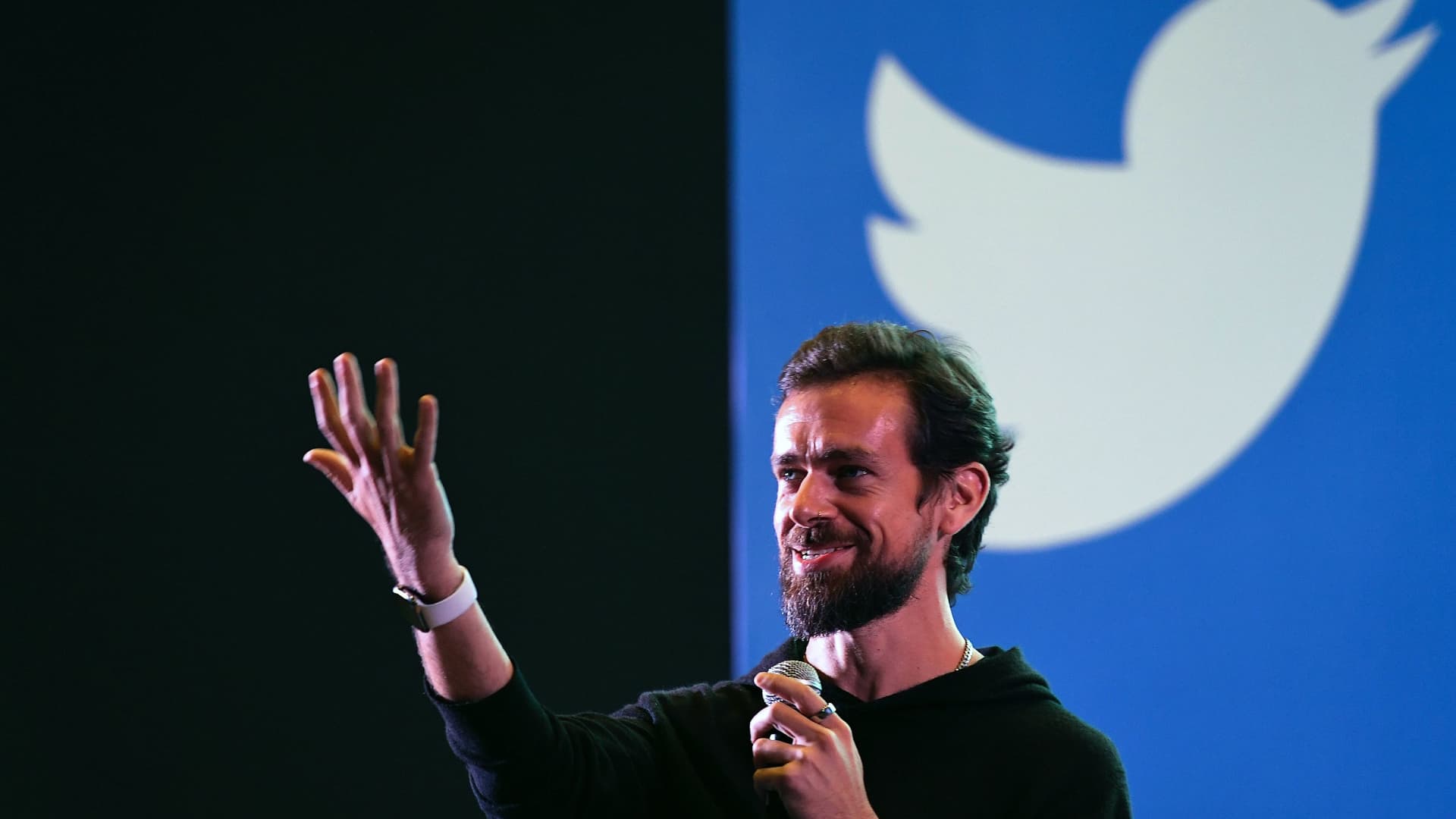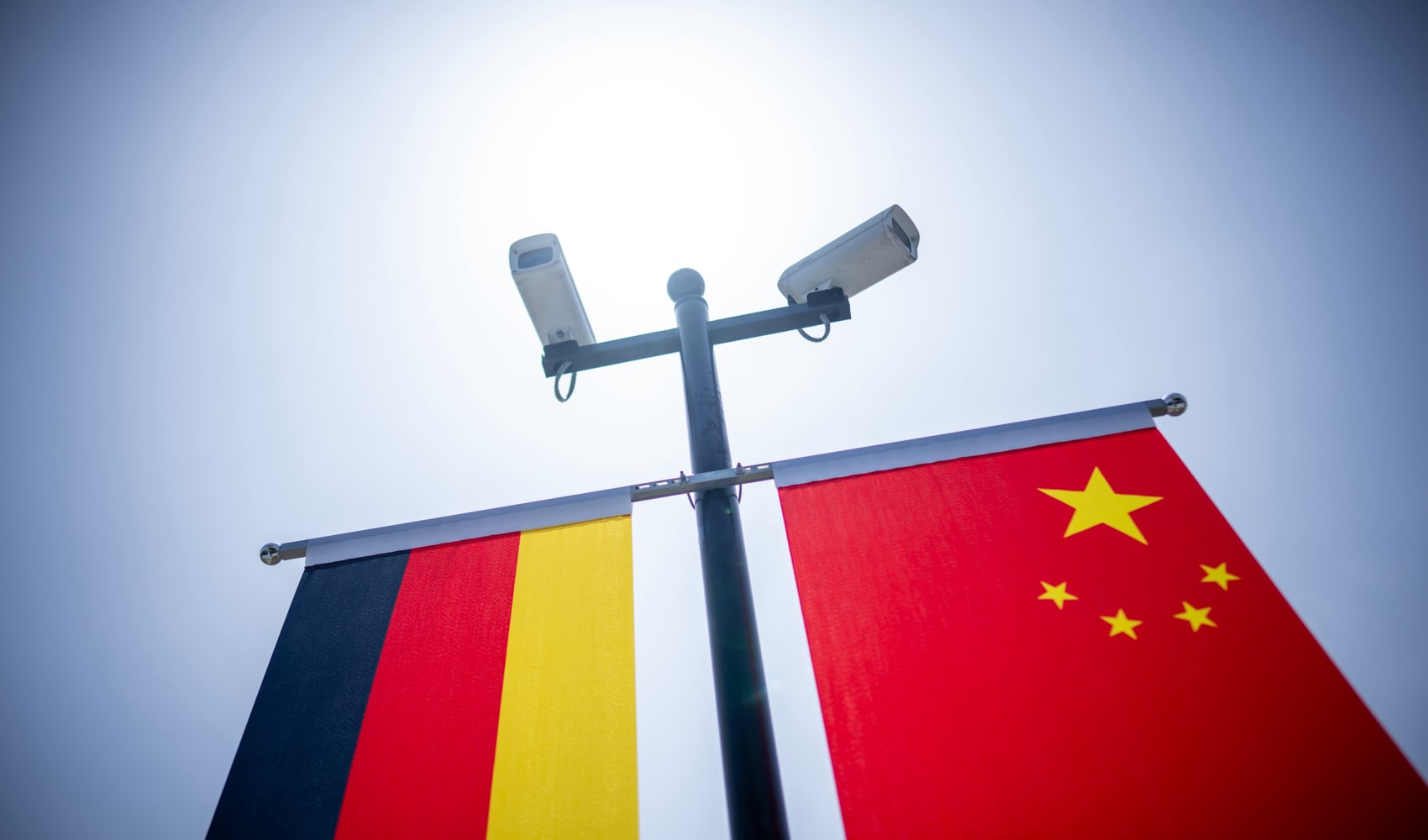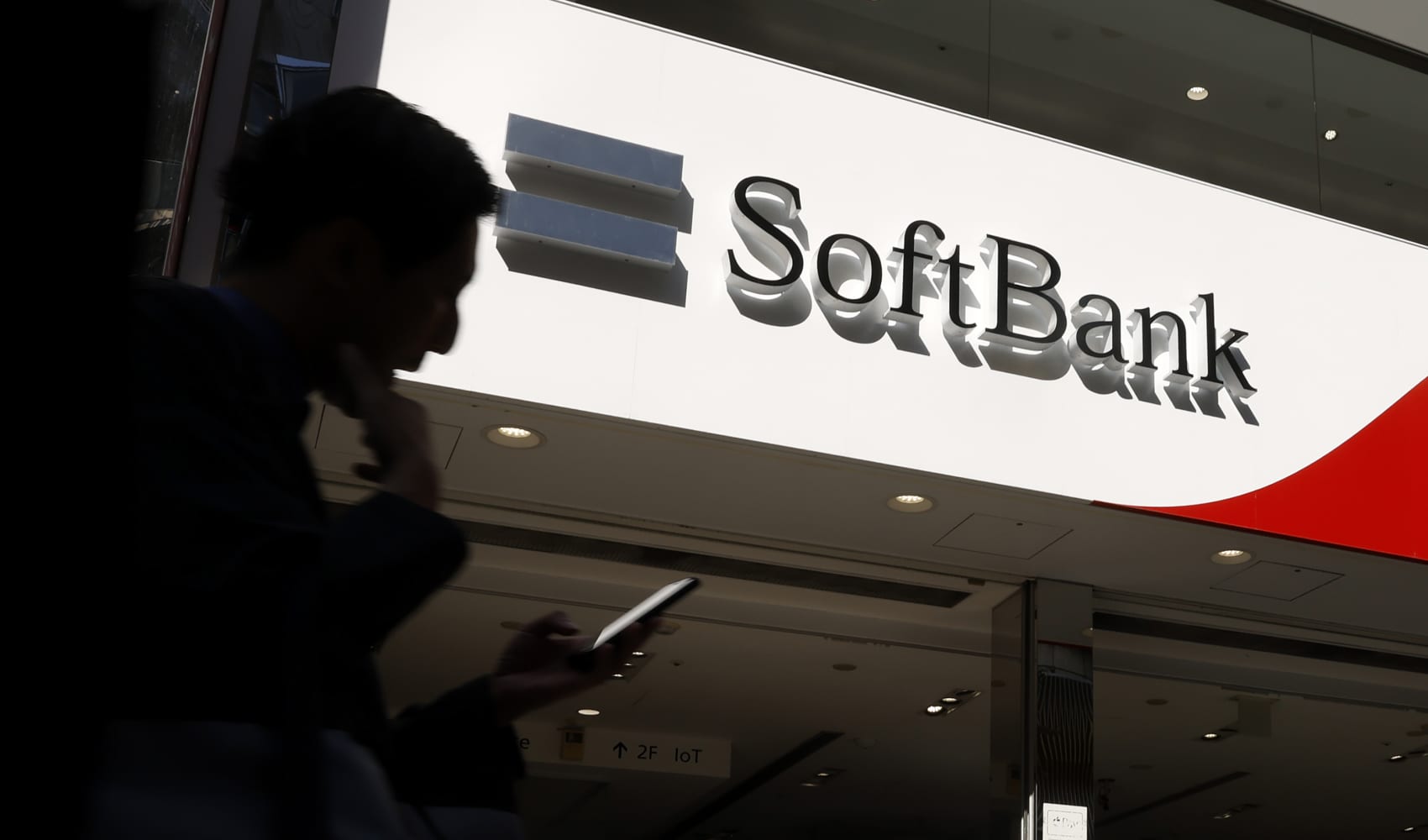
- The announcement that Elon Musk will join Twitter's board of directors comes a day after the disclosure of his passive stake in the company.
- Analysts and investors are already speculating whether the Tesla CEO may agitate for more control over the social media company.
- "The stake could become active at any time," said Tom Hayes, chairman at Great Hill Capital.
Twitter said on Tuesday that Elon Musk is joining its board. A day earlier, Tesla's CEO and the world's richest person disclosed that he's the social media company's biggest shareholder.
Beyond becoming the latest Silicon Valley drama, investors are trying to figure out what it all means for Twitter.
Twitter's stock jumped 4% on Tuesday following the board announcement. On Monday, it had its best day since the company's IPO in 2013, skyrocketing more than 27%. But when it comes to Musk, markets are rarely rational.
Get Southern California news, weather forecasts and entertainment stories to your inbox. Sign up for NBC LA newsletters.
"It's nice when a company reports profits — it seems much better if a company reports its association with Elon Musk," said Howard Fischer, a partner at the law firm Moses & Singer in New York and a former lawyer at the Securities and Exchange Commission. "[Musk] may not improve operations, he may not improve revenue, he may not lower liabilities, but the stock market rewards [Twitter]."
Whatever the financial impact may or may not be, one thing is clear: Seemingly overnight, Musk has been granted greater sway over a company that he's routinely criticized and that he uses to tweet to some 80 million followers, including many dedicated members of the cult of Elon.
Musk's intent with Twitter is unclear, and that's probably by design.
Money Report
He has previously called out Twitter's content-moderation policies, claiming the company has failed to uphold free speech principles. The Tesla CEO has also pushed for Twitter to create an edit button (a common complaint in the Twittersphere) and to allow users to have greater control over the tweets they see in their news feed.
"My suspicion is he will start relatively slowly, but then he'll want to make some serious changes, probably more in the direction of free speech," said Youssef Squali, an analyst from Truist Securities who recommends buying Twitter shares. "I don't think he ultimately cares about user growth, etc."
Twitter CEO Parag Agrawal and co-founder Jack Dorsey both welcomed Musk to the company's board.
"He's both a passionate believer and intense critic of the service which is exactly what we need on Twitter, and in the boardroom, to make us stronger in the long-term," Agrawal tweeted. "Welcome Elon!"
Musk revealed his ownership of Twitter shares via a 13G form with the SEC. That indicates it's a passive interest, which often means the holder isn't trying to control or influence the company.
But that could change. In the future, Musk could opt to pursue an active stake and a more aggressive role in the company. If he does, he'll have to disclose it with the SEC in a 13D form. In that case, he would have to lay out his intentions.
"The stake could become active at any time," said Tom Hayes, chairman at Great Hill Capital. "I think Twitter is being proactive by putting him on the board before he demands it."
The social media company set some parameters to Musk's appointment on the board, potentially limiting his influence. For as long as Musk is serving on the Twitter board, or 90 days after, he can't own more than 14.9% of Twitter's stock, either as an individual or as a member of a group, the filing says. Musk will serve as a Class II director until 2024.
"I think they're setting that condition because they don't want [Musk] to have unfettered control over the company," Hayes said.
Twitter is no stranger to activist investors. In 2020, the company struck a deal with Elliott Management after the hedge fund pushed for the ouster of Dorsey as the company's CEO. The deal included a $1 billion investment from private equity firm Silver Lake, and awarded both Silver Lake and Elliott with seats on Twitter's board.

Wall Street analysts have already begun speculating about what Musk could have in store for Twitter. More aggressive share purchases? More board seats? What about a full buyout?
"Use your imagination," Gordon Haskett analyst Don Bilson wrote in a note to clients on Monday. We have to wait and see "whether Dorsey will like the idea of Musk buying Twitter just as Jeff Bezos bought the Washington Post," he said.
Hayes said he thinks it's unlikely Musk will pursue something as dramatic as a shake-up or private takeover.
"He now has a material financial stake in the company," Hayes said, adding that there's no reason why Musk would want to take over the company as long as Twitter "executes on his ideas."
Musk could still agitate for change to the company's policies. Last month, he polled his Twitter followers on whether the company "rigorously adheres" to free speech.
"Given that Twitter serves as the de facto public town square, failing to adhere to free speech principles fundamentally undermines democracy," he tweeted. "What should be done?"
Musk, who's been known to attack journalists and others who criticize him and his company, has an unclear definition of free speech. He also has accused the SEC of harassment in a calculated effort to "chill" his right to free speech in its oversight of his communications with shareholders after a 2018 tweet suggesting he had funding secured to take the company private.
If Musk remains true to his word on free speech, any drastic changes to Twitter in his image would likely make for a much more controversial platform, Squali said. Controversy tends to attract consumers, but repel advertisers, something the board should be wary of, he said.
Twitter suggested Musk and other members of its board don't have the authority to set company policies. "Our policy decisions are not determined by the board or shareholders," a Twitter spokesperson told CNBC in a statement.
The spokesperson added the company's board plays an important part in providing guidance and feedback "across the entirety of our service," but that day-to-day operations and decisions are made by Twitter brass and employees.
It's also unclear how present Musk will be on the board. In addition to leading Tesla, Musk is also CEO of rocket company SpaceX and Neuralink, a company that aims to develop implantable brain chips.
Fischer, the former lawyer at the SEC, said Twitter management should be concerned about Musk drawing the ire of the financial regulator, pointing to his well-publicized disputes with the agency. Musk has a history of courting controversy and promoting his companies on Twitter, while dismissing some SEC rules.
"If I were Twitter, I'd worry about him drawing the attention of the SEC," Fischer said.
Musk did not immediately respond to a request for comment from CNBC.
WATCH: Elon Musk is a 'trojan horse' at Twitter, says Jim Cramer






